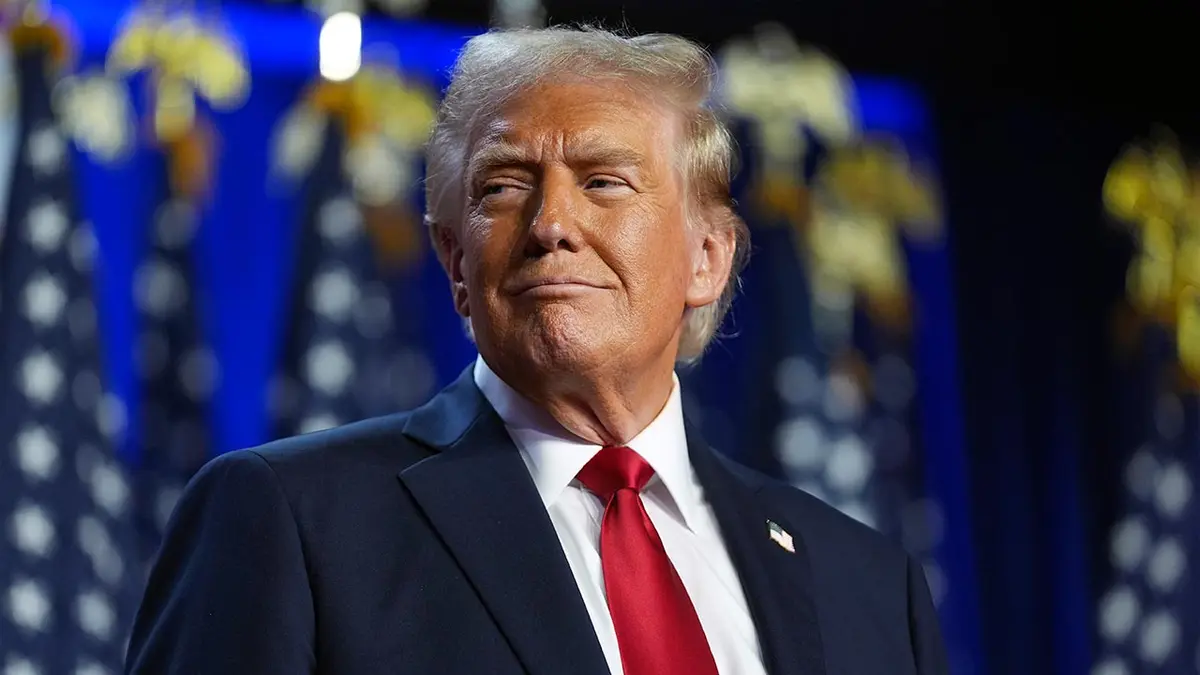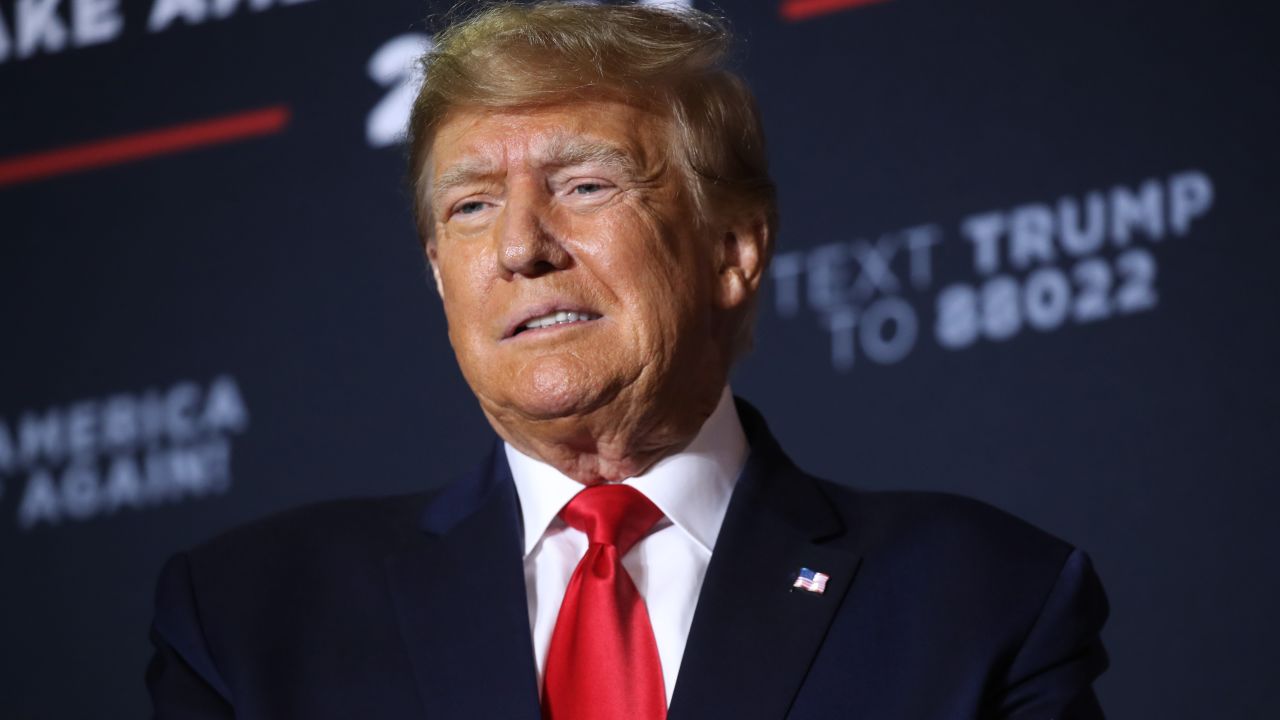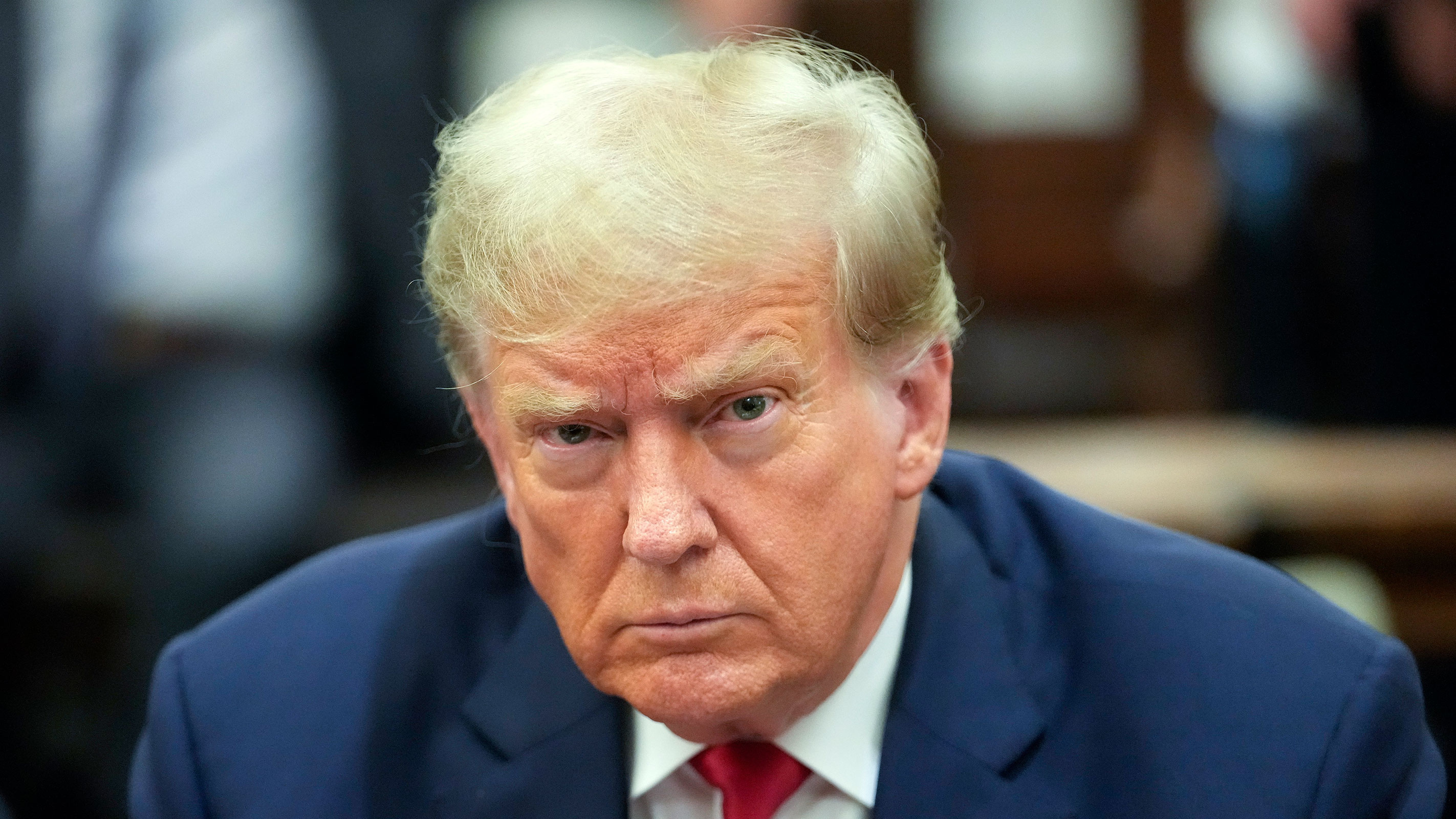Unpacking Trump's Africa Peace Push: Seeking Global Recognition
Introduction: Trump's Bold Claims on African Peace
In the complex tapestry of international relations, former President Donald Trump has consistently sought to redefine America's role, often prioritizing a transactional approach to diplomacy. His administration, while perhaps more widely known for its dealings in the Middle East and its "America First" stance, also made notable, albeit often understated, forays into African affairs. Among these, the notion of "Trump Seeks Credit for Africa Peace" emerges as a significant theme, reflecting a broader strategy to highlight achievements and shape a particular narrative around his foreign policy legacy.
This article delves into the nuances of Trump's engagement with the African continent, exploring the specific initiatives and diplomatic efforts that his administration undertook, and the reasons behind his persistent efforts to claim credit for any perceived successes in fostering stability and peace across its diverse nations. We will examine the context of these claims, considering both the praise and the criticisms leveled against his approach, and assess the lasting impact of his policies on the continent's trajectory, weaving in insights from his broader political and foreign policy conduct.
Donald J. Trump: A Brief Political Profile
Donald John Trump, born on June 14, 1946, is an American businessman, television personality, and politician who served as the 45th president of the United States from 2017 to 2021. Before embarking on his political career, Trump was a prominent figure in the real estate sector, building a vast empire and gaining widespread recognition through his media ventures, most notably as the host of "The Apprentice." His transition into politics was marked by a populist campaign that resonated deeply with a significant portion of the American electorate, promising to challenge the established political order and prioritize domestic interests under the banner of "America First."
- Price Is Right Salaries
- Is Michele Lamy Aatanist
- Tim Miller Husband Photo
- Maya Singer
- Clint Eastwood On Trump 2024
His presidency was characterized by a distinct departure from traditional foreign policy norms, a strong preference for bilateral agreements over multilateral frameworks, and a direct, often confrontational, communication style that frequently bypassed conventional diplomatic channels. This unique approach extended to his administration's dealings with various global regions, including Africa, where his team aimed to reshape relationships based on perceived mutual benefit and strategic advantage, often emphasizing economic opportunities and security cooperation.
Personal Data and Biodata: Donald J. Trump
| Category | Detail |
|---|---|
| Full Name | Donald John Trump |
| Date of Birth | June 14, 1946 |
| Place of Birth | Queens, New York, U.S. |
| Political Party | Republican |
| Spouse(s) | Ivana Zelníčková (m. 1977; div. 1992) Marla Maples (m. 1993; div. 1999) Melania Knauss (m. 2005) |
| Children | Donald Jr., Ivanka, Eric, Tiffany, Barron |
| Alma Mater | Wharton School of the University of Pennsylvania (B.S.) |
| Previous Roles | Businessman, Real Estate Developer, Television Personality |
The Trump Doctrine: "America First" and Global Diplomacy
The foundational principle of Donald Trump's foreign policy was the "America First" doctrine. This philosophy dictated that American economic and security interests should always take precedence, leading to a foreign policy that often viewed international agreements with skepticism, favored bilateral negotiations over multilateral frameworks, and demonstrated a willingness to challenge long-standing alliances. While this approach was most prominently displayed in his administration's dealings with major global powers and in volatile regions like the Middle East, it also significantly influenced his strategy towards Africa.
His administration often demonstrated a readiness for decisive action, a characteristic that became a hallmark of his foreign policy. For instance, reports indicate that "officials praise Trump's decisive strike on Iran's nuclear facilities, a historic operation." This reflects a broader pattern of direct intervention or the application of significant pressure when deemed necessary to achieve strategic objectives. Such actions, though not directly related to African conflicts, illustrate the proactive, and at times unilateral, nature of his foreign policy. He consistently sought to frame these actions as successful in bringing about stability or achieving specific, tangible outcomes. Similarly, his direct and often deadline-driven diplomatic style was evident when "Trump gives Iran two weeks to negotiate on nuclear program amid rising tensions." This highlights a characteristic approach of setting clear parameters and applying pressure in diplomatic engagements, a tactic that, in theory, could be applied to conflict resolution efforts on the African continent or elsewhere to expedite outcomes and subsequently claim credit for their resolution.
Trump's Engagement with Africa: Beyond the Headlines
Despite a prevailing perception of limited direct engagement or a lack of sustained high-level attention, the Trump administration did pursue specific, albeit often less publicized, objectives in Africa. These efforts largely centered on critical areas such as counter-terrorism operations, promoting American business interests and investment, and actively countering the burgeoning influence of rival powers like China and Russia across the continent. While the frequency of high-level presidential visits to Africa might have been less than some previous administrations, various U.S. government departments, particularly the State Department and USAID, continued to operate and engage on multiple fronts.
A notable shift under Trump's presidency was the change in rhetorical emphasis concerning Africa. Where previous administrations often placed significant weight on promoting democracy, human rights, and good governance, Trump's approach leaned more heavily towards transactional relationships. This meant prioritizing security cooperation, particularly in the fight against extremist groups, and identifying tangible economic opportunities that could directly benefit American businesses and workers. This was entirely consistent with his overarching "America First" stance, aiming to secure concrete advantages for the United States while engaging with African partners. The administration also initiated efforts to reform foreign aid, advocating for greater accountability, transparency, and a focus on results-oriented programs that could demonstrate clear returns on investment, aligning with a broader strategy to ensure that U.S. engagement yielded measurable benefits.
Specific Peace Initiatives and Their Impact
When considering how "Trump Seeks Credit for Africa Peace," it becomes crucial to identify the specific initiatives or outcomes that his administration might reasonably point to as contributions to stability. While there wasn't a singular, widely publicized "Africa Peace Plan" on the scale of the Abraham Accords in the Middle East, the administration's efforts often contributed to regional stability through a variety of less direct, yet impactful, means. These contributions typically fell into categories of security cooperation and economic development, both of which are foundational to long-term peace.
Fostering Regional Stability
- Counter-terrorism Operations: The United States maintained and, in some strategic areas, intensified its robust support for African nations engaged in combating extremist groups. This included providing crucial intelligence, training, and logistical support to forces battling organizations like Al-Shabaab in Somalia, Boko Haram in the Lake Chad Basin, and various affiliates of ISIS and Al-Qaeda across the Sahel region. While these were ongoing efforts from previous administrations, the Trump administration sustained a strong commitment to these security partnerships. Any successes in degrading these groups, even if incremental, could be legitimately framed as significant contributions to peace and security, preventing wider destabilization.
- Behind-the-Scenes Diplomatic Engagements: U.S. diplomats and envoys, often operating out of the public spotlight, engaged in sustained efforts to de-escalate tensions and support nascent peace processes in various African conflicts. These quiet diplomatic endeavors, while not always resulting in splashy headlines, are a fundamental part of the broader diplomatic toolkit that can lead to gradual stability. They involve mediation, confidence-building measures, and sustained dialogue between warring factions or neighboring states experiencing friction.
- Targeted Economic Pressure and Sanctions: In certain instances, the administration strategically utilized economic leverage, including targeted sanctions, to pressure actors involved in conflicts, human rights abuses, or corruption. The aim was to compel these actors towards more peaceful resolutions or to curb activities that fueled instability. Such measures, while coercive, are often intended to

Fox News Voter Analysis: How Trump regained the White House | Fox News

Fact check: Trump's own campaign can't find proof for his 'mental

October 4, 2023 - Trump civil fraud trial continues in New York